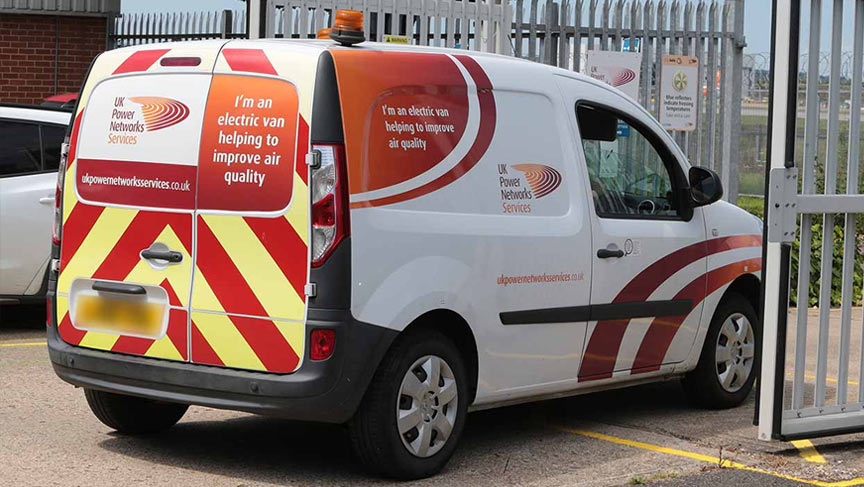Insight
Guide to EVs part four: Challenges to consider

Technologies are maturing and becoming cost effective for an increasing number of use-cases, however, there are still a number of risks and challenges for EV fleet transition.
Vehicle and infrastructure technologies are maturing and have become cost effective for an increasing number of use-cases. However, there are still a number of risks and challenges for fleets to consider as they transition to EVs.
What are the key risks, growing pains and challenges to consider?
With the sector just entering mass-market adoption, risks and challenges can be expected:
- Government subsidy risk: As seen in the solar PV sector, dependency on government subsidy can leave businesses vulnerable when these temporary subsidies are removed. Longer-term strategies for EV fleet development should be based on real-costs of vehicles.
- Manufacturer plans: Emissions regulations and public opinion following the diesel emissions testing scandal have pushed manufacturers to accelerate EV development. This has resulted in rapid and healthy competition. However, this innovation costs money and vehicle manufacturers are investing heavily as a result. This is only sustainable if costs of production decrease and vehicles become affordable and practical for the mass-market.
- Charging infrastructure roaming: Simple and open access to all public charge-points is essential for mass-market adoption. This can either be through roaming agreements, or universal adoption of contactless payments in charge-points. This will drive competition to reduce cost to serve and improve reliability.
- Integrating into business as usual: For fleets, the challenges of integrating EVs into existing business practices can be significant. This may require retraining of drivers and facilities staff, as well as the need for charging infrastructure mentioned previously.
Partnerships are essential for this transition as expertise in automotive, fleet management, technology, energy and infrastructure are all required to manage the transition and minimise the risks and challenges involved.
Authored by Jonathan Bassett, Technology and Innovation Consultant




